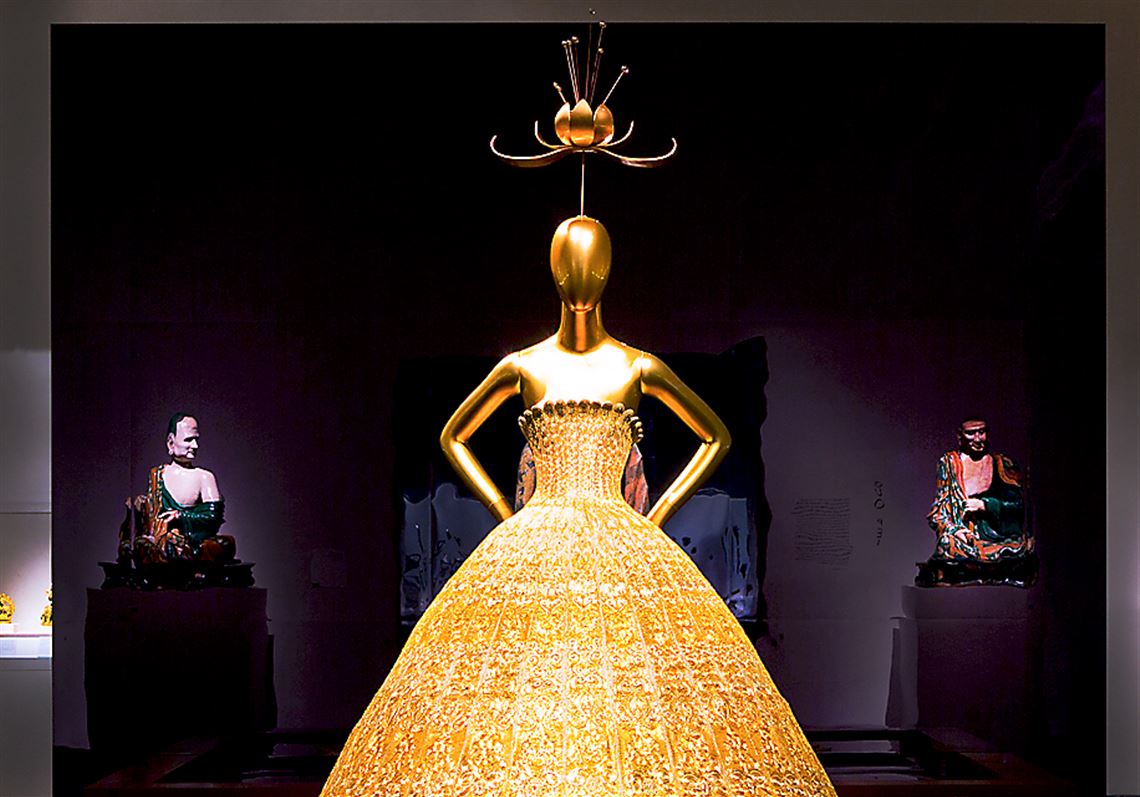
Garnished with purple orchids, platter-sized vermilion beauties crown a bed of greens. Tempers flare when the family suspects the caterers have scammed them by serving crabs instead of the lobster they were promised.īut these crabs are ready for their close-up. Nai Nai is led to believe her children and grandchildren have come from across the globe to attend a family wedding, but the elaborate celebration is actually a covert excuse to bid her farewell.

The family has to decide whether to deal with it in the traditional Chinese way-tell her nothing-or in the American way-tell her everything. When Nai Nai (Chinese television star Shuzhen Zhao) receives a terminal medical diagnosis, it’s delivered not to her but to her sister. The result is what Wang calls a "screwball comedy that also had a lot of pathos." But being with family and eating her favorite childhood foods forces Billi to rethink her identity and question what she and her family lost and gained when her parents emigrated to America.

Manchurian) wheat-and-meat cuisine is still not well-known in America beyond its iconic dish, sweet-and-sour pork. The region's distinctive Dongbei (a.k.a. Memorably, a mother-daughter dispute plays out in back-and-forth about how many wontons to eat.Īwkwafina plays Billi, an American who returns to Changchun, in Northeast China, to visit family she hasn’t seen since she was a child. During a trip to the cemetery to honor an ancestor, the family shares snacks of oranges, bananas, and cookies-the deceased’s favorite foods. In China, it’s a huge round one, with a turntable of revolving delicacies: roast duck, fat shrimp, and steamed dumplings. Conversations and communal eating take place around a rectangular table in America. The family squabbles and laughs over bowls of rice, baskets of bao, and vats of soup. In The Farewell, food is also an organizing principle around which life swirls.

For many grandmothers, whether you call them Nai Nai, as Billi, the main character, does in Mandarin, nonna in Italian, or bubbe in Yiddish, food is a universal love language. “Love languages” are what Wang calls the unspoken ways we show affection. That’s how love is expressed between grandmother and granddaughter in writer-director Lulu Wang’s semi-autobiographical 2019 movie, The Farewell.


 0 kommentar(er)
0 kommentar(er)
